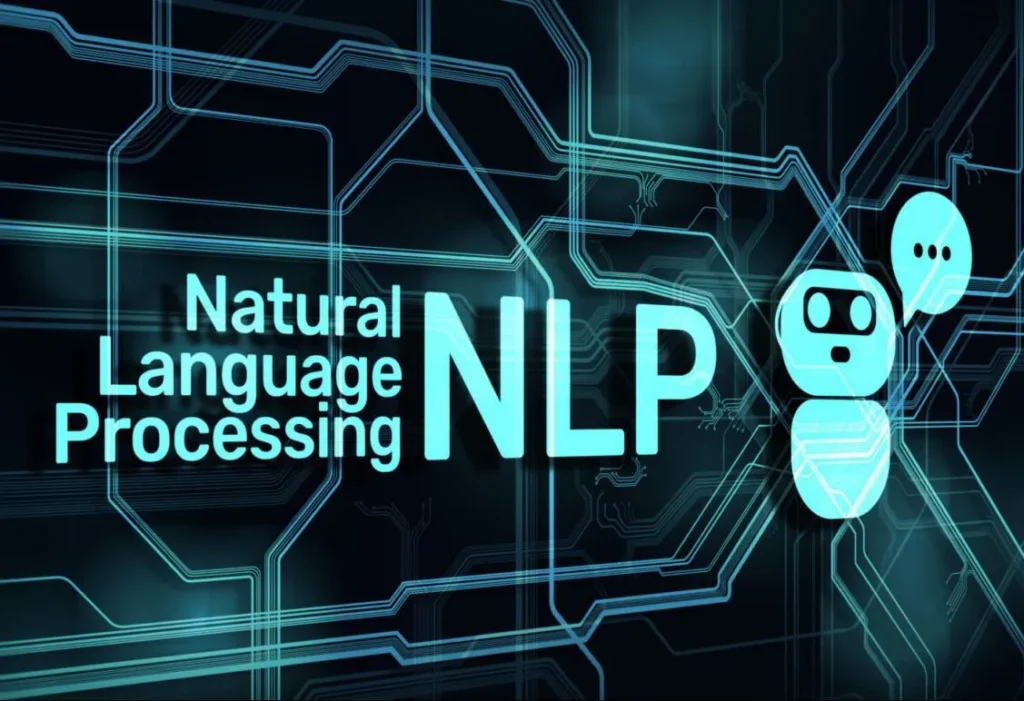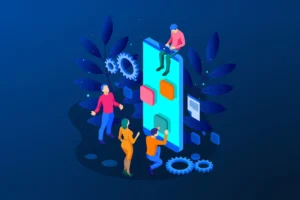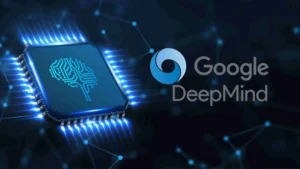Natural Language Processing: AI’s Secret Ingredient
PUBLISHED
- January 30, 2023
- 8:04 am
PUBLISHED
- January 30, 2023
- 8:04 am

Are you curious about the future of human-computer interaction? Have you ever wondered how Siri or Alexa can understand and respond to your requests? The answer lies in natural language processing (NLP), a branch of artificial intelligence that focuses on enabling computers to understand, interpret, and generate human language.
LIKE THIS
NLP's Rise In Modern Society


NLP is not a new field, but it has gained popularity in recent years due to advancements in deep learning and the increasing amount of text data available for analysis. From chatbots to sentiment analysis, NLP is being applied in a variety of industries to automate and improve communication and decision-making processes.
One of the key challenges in NLP is understanding the context and meaning behind words. Humans are able to draw upon their experiences and understanding of the world to interpret language, but computers need to be explicitly taught. This is achieved through techniques such as word embeddings and neural networks that can recognize patterns in language and make predictions based on those patterns.
Another challenge in NLP is processing and understanding different languages, dialects, and accents. Multi-lingual NLP models have been developed to address this issue, but they can still struggle with accurately recognizing and translating less commonly used languages and dialects.
Applications and Limitations


NLP has numerous applications in industries such as finance, healthcare, and e-commerce. For example, NLP can be used to analyze customer reviews and identify common themes and sentiments, allowing companies to make informed decisions about their products and services. In healthcare, NLP can be used to extract information from electronic medical records and assist with diagnosis and treatment planning.
Despite the many benefits of NLP, there are also some ethical concerns and biases that need to be addressed. NLP models are only as good as the data they are trained on, and if the data contains biases (which it often does), the models will likely perpetuate those biases in their predictions and decisions. It is therefor crucial for NLP researchers and practitioners to consider the potential consequences of their models and take necessary steps to mitigate bias.


As NLP continues to evolve and improve, it has the potential to transform the way we interact with computers and technology. From understanding and translating human language, to automating tasks and improving decision-making, the possibilities are endless.
In our increasingly data-driven world, NLP will play a critical role in unlocking valuable insights and enabling more effective communication and collaboration between humans and computers. So don’t miss the opportunity to stay ahead of the curve and learn more about this exciting field!









